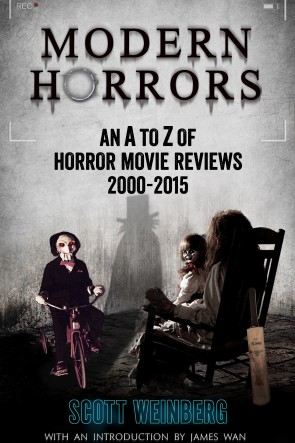Retro Review: 6 SOULS (2013){0}
The patently familiar new psycho thriller 6 Souls actually played film festivals back in 2010 under the title Shelter before collecting dust on a Weinstein shelf for a few years, only to pop up on VOD this week. In April of 2013. That’s not meant to imply that every genre title that suffers a long release delay is a generic, tiresome, and already outdated piece of low-end cable TV fodder, but in the case of 6 Souls (as well as the recent John Cusack flick The Factory) the plain truth is that it would have been a forgettable turkey three years ago. Today it’s just a three-year-old turkey with some mild curiosity value.
The curious will be rewarded with a psychological thriller about a man with multiple personalities that seem to correspond to a half-dozen murder victims. Jonathan Rhys Myers is the lunatic suffering from what I call “early-career Edward Norton” psychoses; Julianne Moore is the ever-so-dedicated psychologist who dares to delve into a madman’s fractured psyche; Jeffrey DeMunn is her (also psychologist) dad who exists mainly to keep the audience up to speed with a handy presentation of exposition blather ever fifteen minutes; and Frances Conroy is on hand as a dour old lady who is also creepy.
To imply that 6 Souls delivers a surprise ending would be to imply that the plot pieces actually add up to anything prior to the “surprises,” but unfortunately the flick is little more than a half-baked casserole of every “psycho vs. therapist” thriller from Primal Fear to Identity. The screenplay wavers between familiar, redundant, and absurd, and aside from some worthwhile acting performances (DeMunn in particular is a hoot), and a couple of decent jolts hidden deep within Act III, there’s nothing here one hasn’t seen before.
Co-directors Mans Marlind and Bjorn Stein (Underworld: Awakening) do manage to compose some impressive frames – 6 Souls has a bit of style in the visual department if not in the narrative — but their work exists mainly in the service of a patchwork, conventional, and oft-told story that’s a whole lot sillier than was probably intended.
Scott Weinberg








